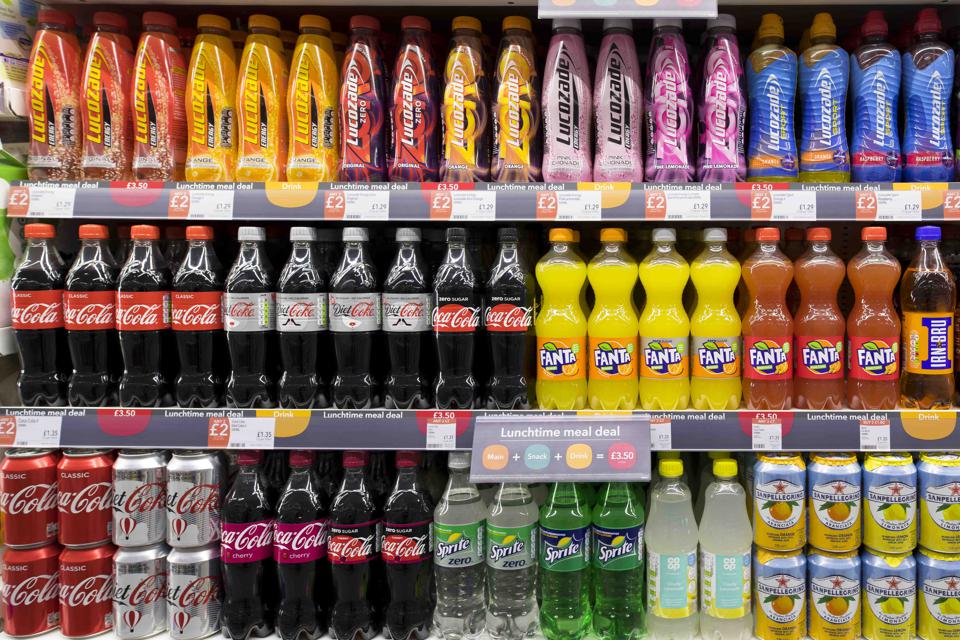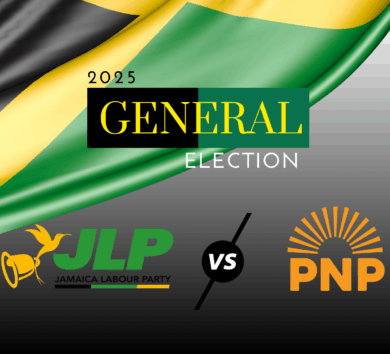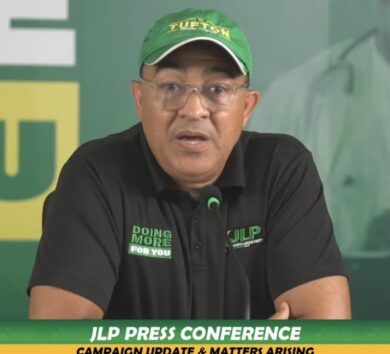
An increase in the price of sugar-sweetened beverages owing to higher excise taxes could possibly account for a reduction in the consumption of these drinks, finds a new Pan American Health Organization (PAHO) study.
According to the study’s findings, were an increase of 25 per cent in the price of sugar-sweetened beverages to take place, there would be a resultant reduction in the consumption of these drinks by as much as 34 per cent.
Commenting on the study’s findings, PAHO Director Carissa F. Etienne said, “sugary beverages greatly contribute to overweight and obesity, and these conditions are known to cause heart disease, diabetes, and other serious non-communicable diseases”.

As a result, “reducing consumption of these beverages (would) improve health, and excise taxation is an effective tool to achieve this”.
Etienne furthered that effective policies such as taxation of sugar-sweetened beverages have become even more urgent amid the COVID-19 pandemic. This especially as scientific evidence has indicated that people who are overweight or obese or suffer from diabetes and heart disease are more likely to develop severe cases of COVID-19.
On a similar note, Anselm Hennis, director of PAHO’s Department of Noncommunicable Diseases and Mental Health, said “excise taxes on sugar-sweetened beverages could generate a triple win for countries”.
“As more governments adopt and improve taxes on sugar-sweetened beverages, this is expected to reduce the burden of noncommunicable diseases.”
Dr Anselm Hennis, Director of PAHO’s Department of Noncommunicable Diseases and Mental Health
She argued that “sugar-sweetened beverage taxes could be used as an immediate source of tax revenue to respond to the COVID-19 pandemic, finance economic recovery plans, and support countries as they advance to universal health coverage”.
Taxes on sugar-sweetened beverages are increasingly being adopted by governments globally, and have been implemented in more than 73 countries worldwide.
In the Americas, 21 PAHO member states apply national-level excise taxes to sugar-sweetened beverages, while seven jurisdictions in the United States apply local taxes to these drinks.
Given this, “as more governments adopt and improve taxes on sugar-sweetened beverages, this is expected to reduce the burden of noncommunicable diseases”.







Comments